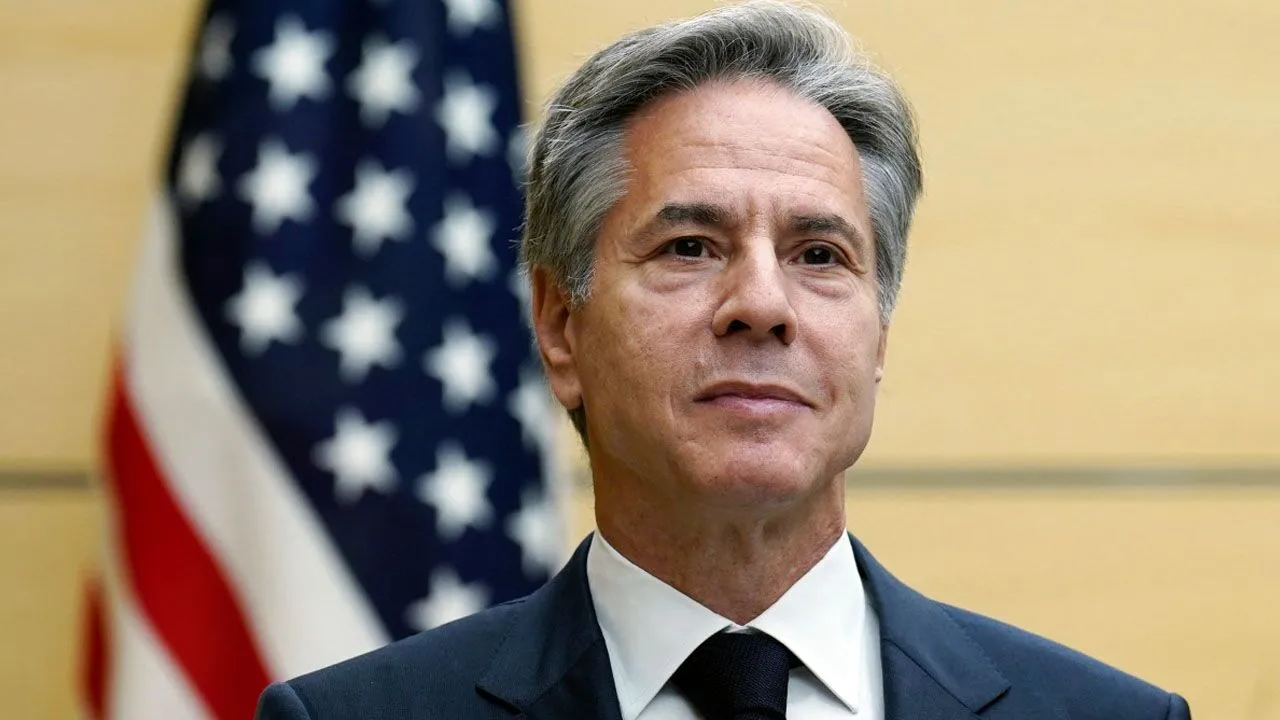Antony Blinken who is the United States Secretary of State and French Foreign Minister Catherine Colonna has agreed to actively seek steps to avoid a wider Middle East war following strikes in Lebanon and Iran, the State Department confirmed on Friday morning.
In a telephone call the day before, the two top diplomats “discussed the importance of measures to prevent the conflict in Gaza from expanding, including affirmative steps to de-escalate tensions in the West Bank and to avoid escalation in Lebanon and Iran,” State Department spokesman Matthew Miller said.
Africa Today News, New York reports that the phone call is coming just days before another Middle East trip by Blinken, his fourth since Hamas fighters infiltrated Israel and carried out a major attack on October 7, triggering massive Israeli retaliation in the Gaza Strip.
French President Emmanuel Macron earlier called on Israel to avoid escalation, “particularly in Lebanon,” where Israel was suspected of carrying out a strike on Tuesday that killed a senior Hamas leader.
Read Also: Amid Fierce Fighting In Gaza, Blinken Visits West Bank
The United States said it did not have advance knowledge of the strike in Lebanon but described slain Hamas number two Saleh al-Aruri as a “brutal terrorist.”
In Iran, whose clerical state backs Hamas, twin blasts on Wednesday killed at least 84 people as they mourned Revolutionary Guard General Qasem Soleimani, who was killed four years earlier in a targeted US strike.
A US official said that the attack bore the hallmarks of the Islamic State extremist group, which is strongly opposed by Shiite-majority Iran, and denied any role by the United States or Israel.
Meanwhile, a US strike in Baghdad yesterday evening killed a pro-Iran military commander, the Pentagon has confirmed that with Al-Hashed al-Shaabi ex-paramilitaries revealing that it hit one of their headquarters.
An Iraqi security official disclosed that two people were seen dead and seven wounded in the drone strike, which the government dubbed a “blatant aggression”.
However, Pentagon spokesman Major General Pat Ryder disagreed insisting that the strike was an act of self-defence against a commander who was actively planning attacks against US personnel.

